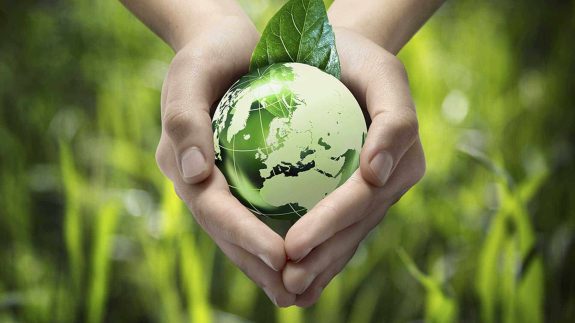Blending the school curriculum to create eco warriors

University of South Australia Media Release
They’re among our youngest citizens, but when children learn about sustainability in their own backyard, they’re more likely to protect the environment, say University of South Australia researchers.
In a citizen science project, UniSA researchers found that when students investigate local sustainability issues, they engage deeply with learning and develop meaningful connections to the environment.
It’s a vital skill for the next generation, particularly as the world deals with the negative impacts of climate change, waste, and scarcity of resources.
Now, a new research project, ‘Being Heard: Remixing Critical Literacy for Active Citizenship’, is introducing Year 5 and 6 students to a variety of climate issues through the Climate Ready Schools initiative.
Conducted at Burton Primary School, the transdisciplinary nature of the project enabled teachers to embed core competencies from the school curriculum, ensuring students achieved required academic outcomes while concurrently developing skills as an environmentally and socially responsible citizen.
UniSA researchers and Burton Primary School teachers, Bernadette Haggerty and Michelle Miller, say connecting students with local issues is key to building students’ motivation and learning.
“By working on projects that are close to the students – both physically and emotionally – they’re better able to grasp what the issues are and develop solutions,” Haggerty says.
“The breadth of projects was amazing – we had students working on beeswax lunch wraps to replace single use plastic, no waste cooking classes to stop food landfill, climate change mitigation by expanding local tree canopy, and even a machine to help plants and animals survive in the desert.
“Learning about climate change is important for everyone. When we explore sustainability issues in a school setting, we engage the young brain to investigate and find solutions to bigger problems.
“Students are scaffolded to understand the origins of some of our major disasters like ocean pollution, food waste, plastic pollution. The realisation that pollution starts in their own community, inspires them to take action at the grass roots – at home and the school community.”
The Burton Primary School project is part of a literacy initiative from UniSA’s Associate Professor Joel Windle, Dr Melanie Baak and Dr David Caldwell, with the Primary Education Teaching Association Australia.
“Our project encourages student voice and active citizenship. But by tapping into literacy skills from the English curriculum, students concurrently learn multiple skills,” Miller says.
“It’s all part of creating a transdisciplinary unit of work that enables students to develop knowledge from multiple perspectives. For example, using maths to construct maps, biology to understand the relationship between plants and animals, technology to design solutions, art for sketching, and English for reporting.
“In this project, students communicated their ideas using literacy skills such as slam poetry, podcasts and YouTube clips. By experimenting with news media, poetry, and film, they learnt different language techniques, skills, and communication approaches.
“At the same time, they learn how to communicate powerful messages to reduce their ecological footprint, and how to present positive messages to the community.
“Students have learnt to notice nature, investigate the science, and engineer solutions. They know they can make changes to the world through positive action.”
Like what we do at The AIMN?
You’ll like it even more knowing that your donation will help us to keep up the good fight.
Chuck in a few bucks and see just how far it goes!
Your contribution to help with the running costs of this site will be gratefully accepted.
You can donate through PayPal or credit card via the button below, or donate via bank transfer: BSB: 062500; A/c no: 10495969










1 comment
Login here Register here-
Centrelink customer
Return to home pageMessage for Senator Janet Rice.
Dear Senator Janet Rice,
I am a jobseeker abused and robbed by Services Australia. Services Australia forced me into a significant debt as a result of their review decision made by an anonymous “delegate or authorised officer” not an authorised review officer (ARO) required by law.
Senator Janet Rice, I sent you more information via email. I am waiting for your response.